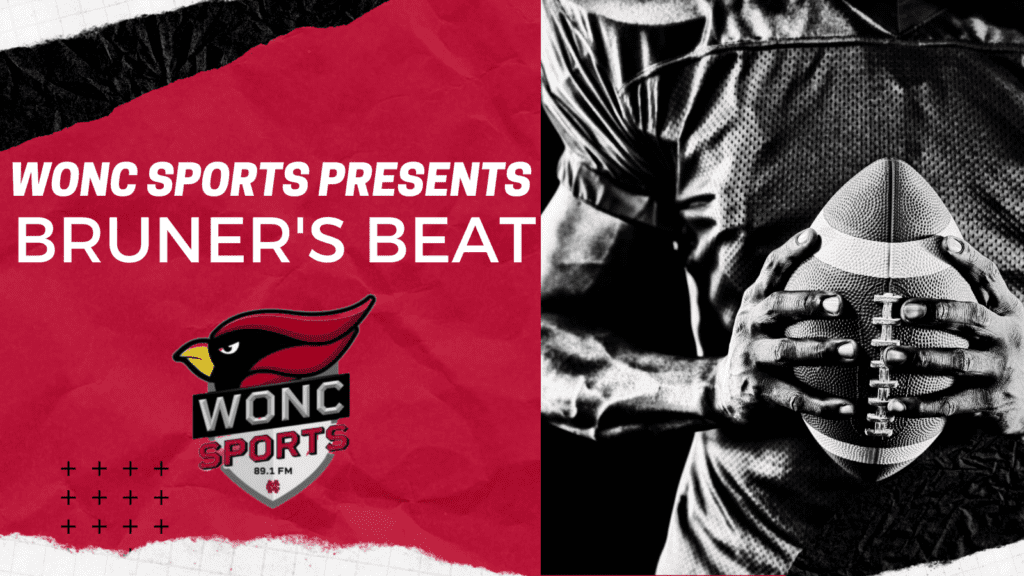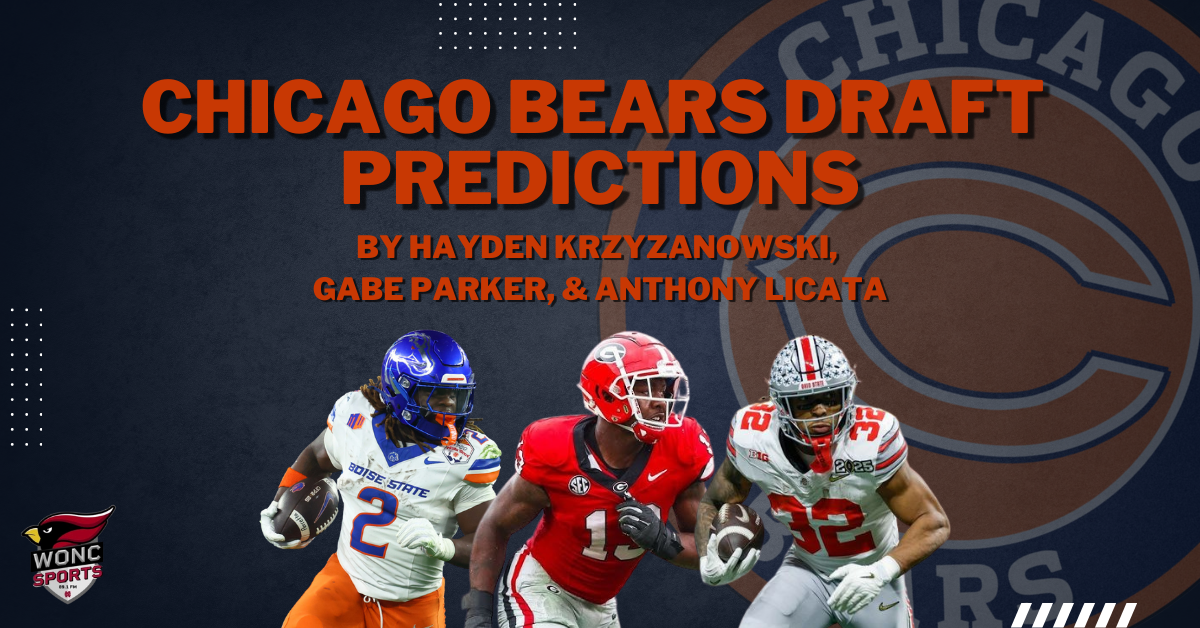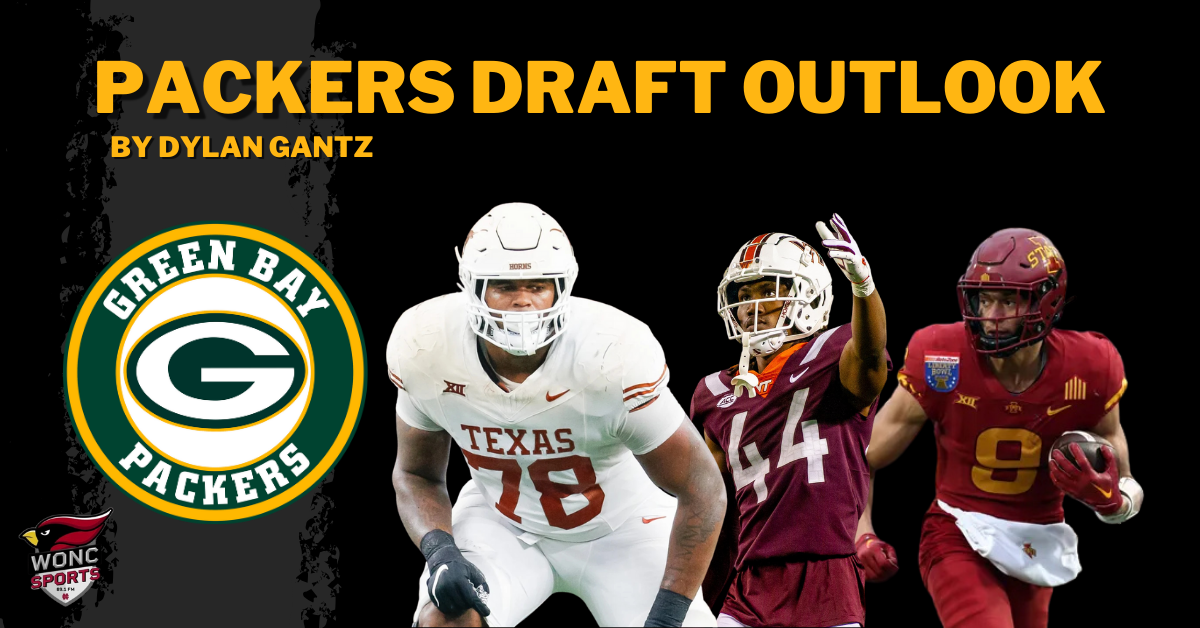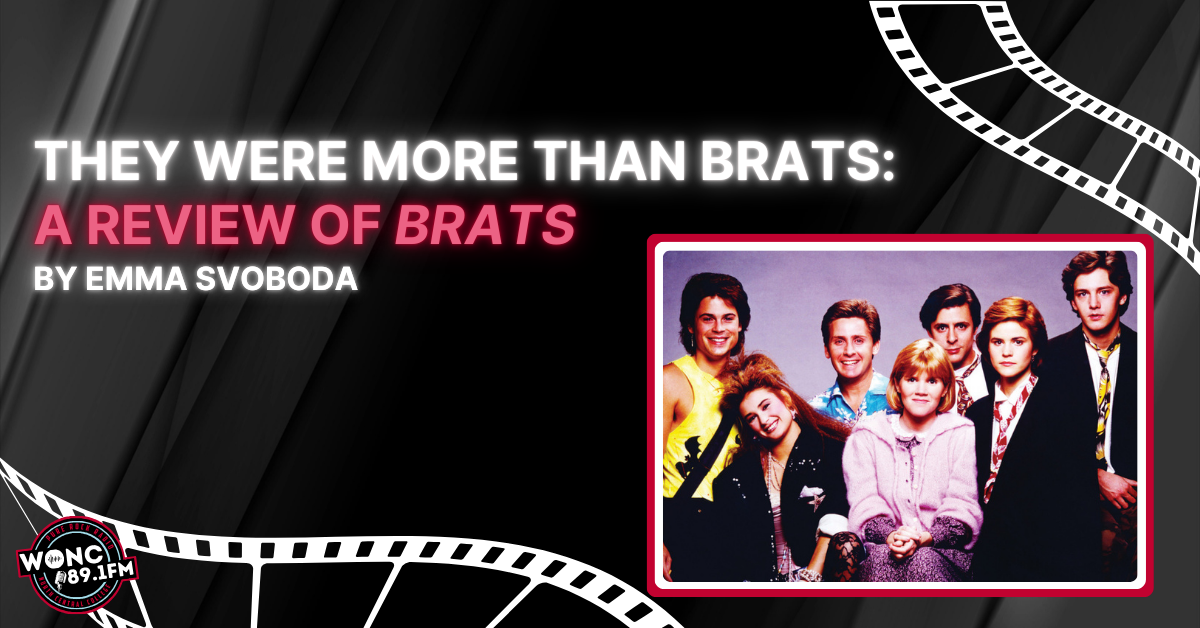by Evan Bruner
This was never the plan for Justin Fields. The 2021-first round pick was supposed to mark the end of the Chicago Bears’ quarterback woes. Instead, he is contributing to the growing narrative that the franchise is incapable of developing quarterbacks. Through three weeks, Fields has struggled, throwing for 526 yards, three touchdowns, and four interceptions. He ranks close to the bottom in virtually every major passing statistic, and the rushing ability that destroyed defenses in 2022 is nowhere to be found.
What’s particularly striking about Fields‘ career is how little improvement he’s shown in the weaker aspects of his game. Everything that plagued him as a rookie continues to ail him today. There are even some areas where Fields has arguably regressed since his rookie season.
One of those areas is reading defenses. Coming out of college, many scouts believed that Fields was a slow processor and took more time to read a defense than the other top quarterbacks in his draft class. But the issue isn’t that Fields isn’t reading defenses quickly enough; it’s that he isn’t reading defenses, period.
One of the main issues is Fields takes the term “primary read” a little too literally. In the NFL, there are very few predetermined throws, plays that have the quarterback throw to the same player regardless of what the defense does. It’s the quarterback’s job to read the play based on what the defense gives him. Fields, however, has trouble with his concept and routinely locks onto his primary read even when it’s clear he isn’t getting open.
This is perfectly exemplified in this interception against the Packers. Fields latches on to Darnell Mooney, who’s running a dig, and Quay Walker is able to just read his eyes and jump the route. Not only is this route not open, but Fields makes it so obvious who he’s throwing to that defenders can easily clog the throwing lane.
Even when Fields doesn’t throw it to his first read, he often spends so much time waiting for it to get open by the time he realizes it’s not there, the pocket has already collapsed, and Fields is forced to either take a sack or throw the ball away.
Instead of working through several progressions on a given concept, Fields has adopted a binary approach to his reads. He either forces the ball to his primary receiver or abandons the concept in its entirety to hit the check down. At first, this may seem commendable. Taking the check down is a staple of veteran quarterback play. However, checkdowns are meant to be used as a last resort. Fields is so willing to bail on perfectly good plays in favor of the checkdown he misses open receivers downfield.
In another clip against Green Bay, the Bears have Mooney running a clear-out route to open up D.J Moore. This play works to perfection as Mooney takes Jaire Alexander, giving Moore plenty of space and what’s, by NFL standards, an extremely easy throw. But Fields doesn’t give the play time to develop and hits Herbert in the flat. Fields can never seem to find a middle ground. He’s either way too patient or not nearly patient enough. This volatile play style shows that he lacks the feel for the position.
This all culminates with what’s the most egregious example. Against Tampa Bay, the Bears dial up the perfect play to combat Tampa’s Cover 3 attack. They motion Cole Kmet into a wheel route on the far right that takes up the deep third on the far right, and the safety occupying the middle third takes the post run by Tyler Scott. The design of this play is for those two routes to open up the seam for the running back, creating an easy pitch and catch. Roschon Johnson is wide open, but Fields is late to react.
The second Zyon McCollum (#27) moves to cover Kmet, Fields should know he has Johnson for a touchdown, but he doesn’t. He spends too much time looking at a clearly covered Kmet. To make matters worse, once he finally moves off Kmet, he ignores Johnson and goes immediately to the check down, which is also covered. At this point, Fields starts to panic and takes a sack.
It’s these types of plays that make it difficult to maintain confidence in Fields. While Getsy has undoubtedly made Fields’ life harder, it’s difficult to argue that Fields hasn’t done the same to his offensive coordinator.
No matter the scheme, reading defenses is essential to quarterbacking in the NFL. Fields looks so unnatural working through his progressions that it doesn’t even seem like he trusts himself to know where to throw the football. This is something that would have been understandable as a rookie, but having this tape in year three is unacceptable.
There’s no single explanation for what’s gone wrong in Chicago. It’s the combination of a player in need of the right situation to develop and an organization that’s provided him with one of the worst. But as easy as it is to scapegoat Matt Eberflus and Ryan Poles, Fields’ hands aren’t clean either.







